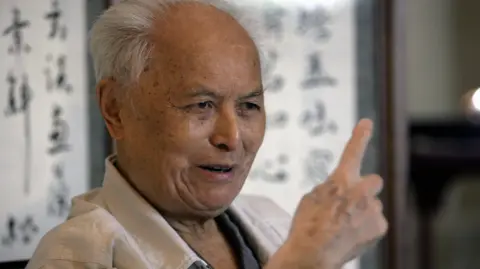This morning, on Feb. 27, 2025, Thailand deported over forty Uyghur refugees to China, despite a pending court hearing set for next month. This was simply set aside — and was perhaps a lie to begin with. The shameful deportation was done under the cover of night, in buses with black-out windows, to prevent the press from seeing the prisoners [https://prachataienglish.com/node/11322]. A Chinese plane flew them direct from Bangkok to Kashgar in the Uyghur region, where China’s concentration camps now await them.
Thailand has now violated both the UN convention on torture, which it signed, and the principle of non-refoulement, against sending refugees in harm’s way. Thailand’s betrayal of human rights also overrides the Thai politicians and lawyers and others who tried to protest, arguing that refugees had suffered enough, languishing in Thai jails for over ten years, with five dying, including two children.
It is obvious this was done only to obey China — where state media celebrated getting their hands on the refugees.
For more see: https://www.bbc.com/news/articles/c14jjxz8re6o
A week ago, I explained the global stakes of Thailand’s Uyghur refugee drama, that has now ended in such a gruesome way. Listen on Soundcloud: https://soundcloud.com/wrfihumanrightsshow/magnus-fiskesjo-feb-21_4upload
(first aired Friday, Feb. 21 on the “Human Rights and Social Justice” local FM radio show hosted by Ute Ritz-Deutch, on WRFI.org, at FM 88.1 in Ithaca)
Sincerely, with great sadness, and frankly disgust at the Thai authorities’ betrayal,
Magnus Fiskesjö







